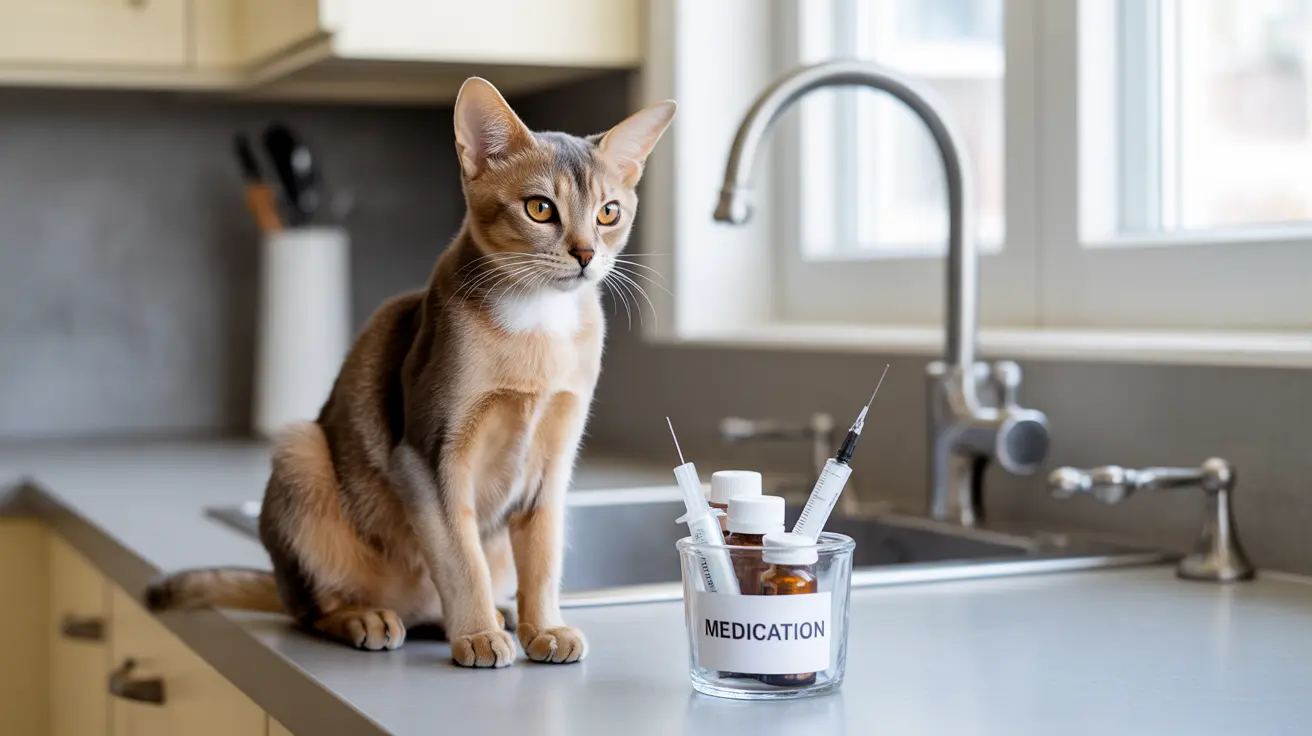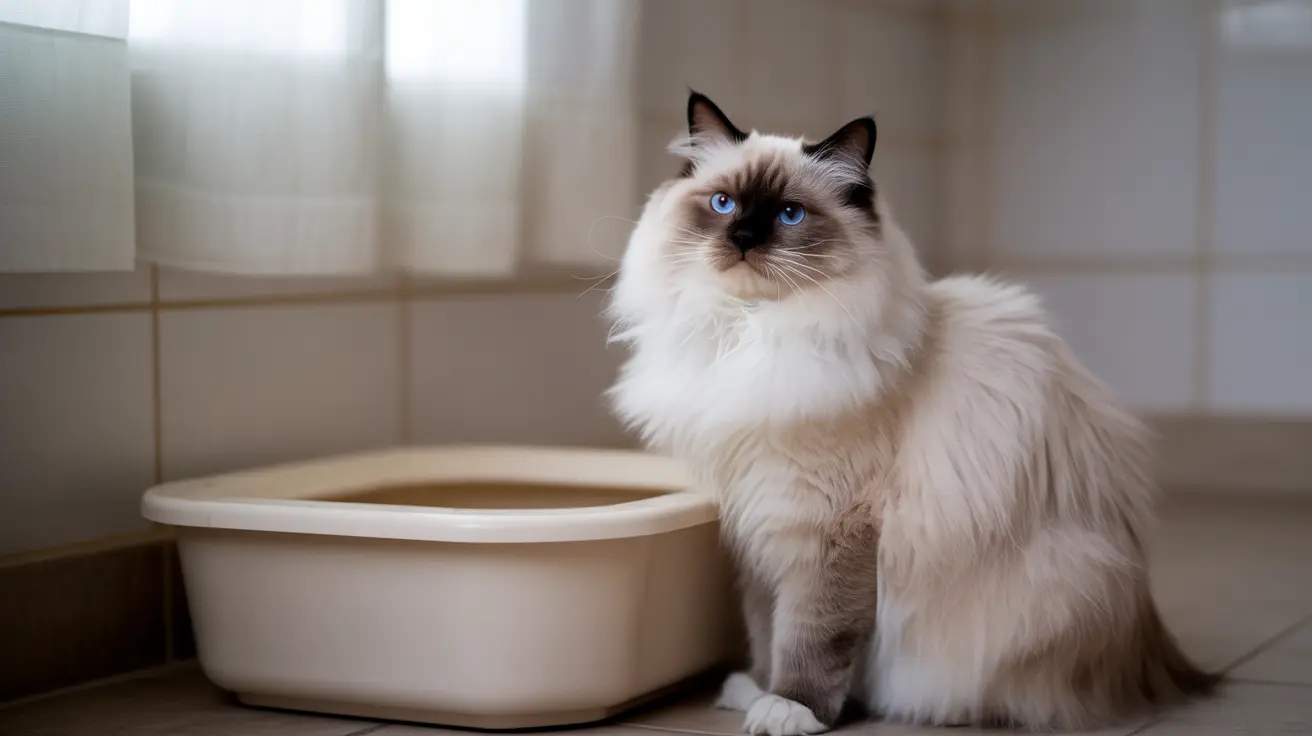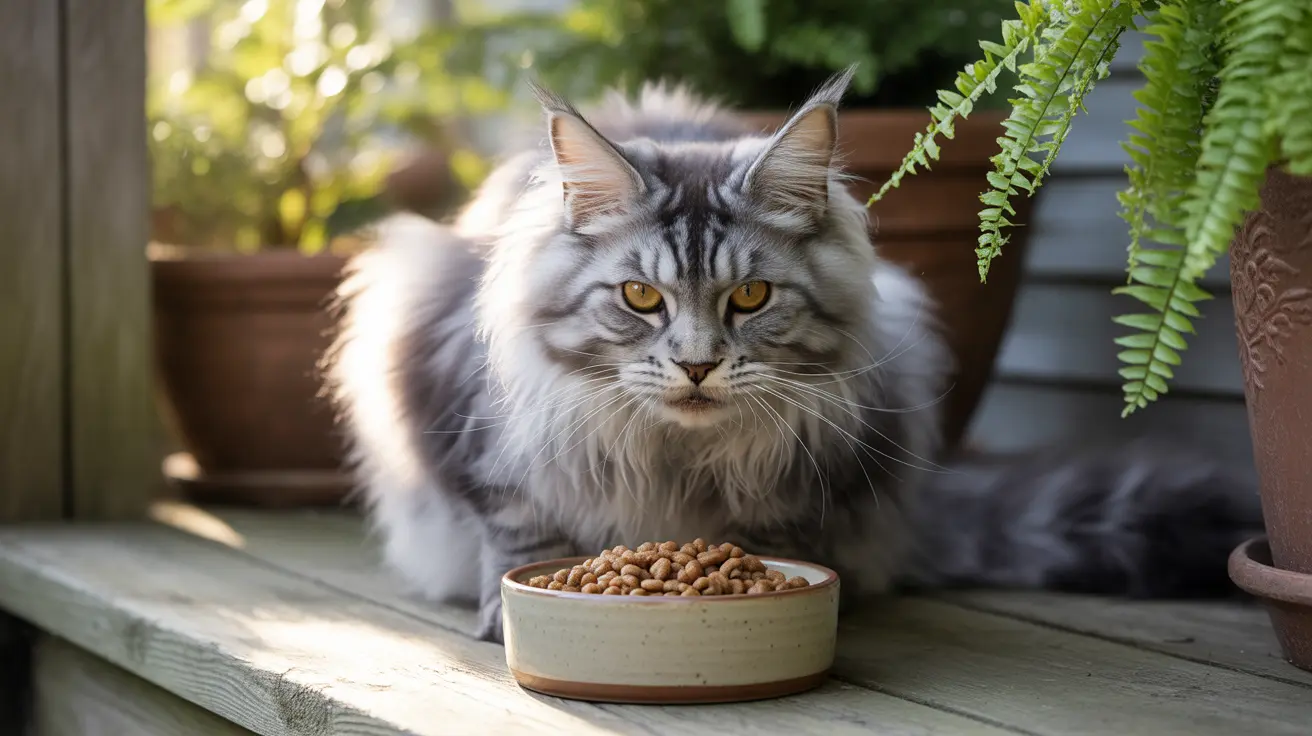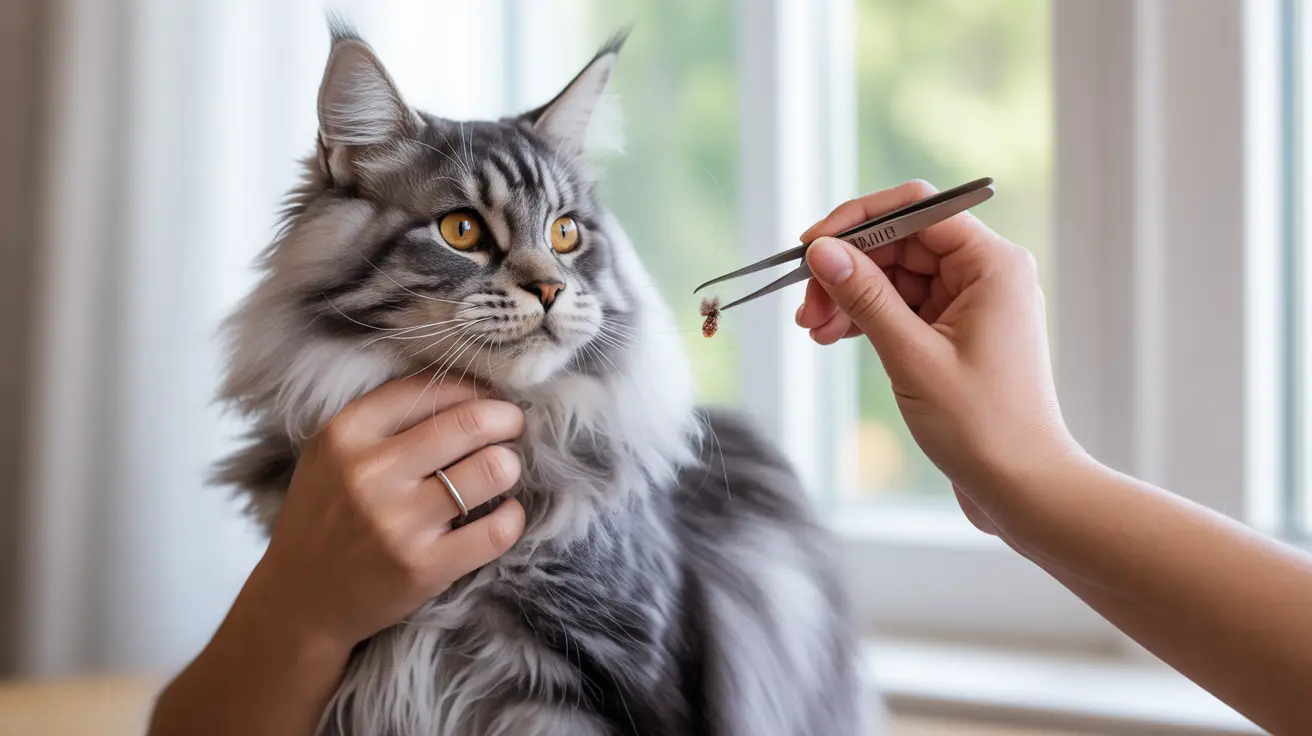When it comes to treating various feline conditions, prednisone and prednisolone are commonly prescribed medications. While these corticosteroids can be lifesaving in many cases, they also carry significant risks that every cat owner should understand. This comprehensive guide explores the potential dangers of prednisone in cats, including why some cases may lead to severe complications or even death.
As responsible pet owners, it's crucial to understand both the benefits and risks of any medication we give our cats. While prednisone can effectively treat many conditions, from allergies to autoimmune diseases, its use requires careful monitoring and awareness of potential complications.
Understanding Prednisone and Prednisolone in Cats
Prednisone and prednisolone are powerful corticosteroids that work by suppressing the immune system and reducing inflammation. In cats, prednisolone is often preferred because felines don't process prednisone as efficiently as other species. These medications are prescribed for various conditions, including inflammatory bowel disease, asthma, allergies, and certain types of cancer.
Immediate Risk Factors and Warning Signs
The first few weeks of prednisone treatment are crucial for monitoring your cat's response. Common early warning signs that require immediate veterinary attention include:
- Excessive thirst and urination
- Sudden changes in appetite
- Lethargy or unusual aggression
- Vomiting or diarrhea
- Signs of infection
Long-term Complications and Life-threatening Risks
Extended use of prednisone can lead to severe complications that may become life-threatening if not properly managed. These include:
- Development of diabetes mellitus
- Severe immunosuppression leading to dangerous infections
- Gastrointestinal ulcers and bleeding
- Heart and kidney complications
- Cushing's syndrome
When Prednisone Becomes Fatal
In some cases, prednisone treatment can contribute to fatal outcomes, particularly when:
- The medication is stopped abruptly without proper tapering
- Underlying conditions are exacerbated by the treatment
- Severe infections develop due to immunosuppression
- Diabetes or other metabolic conditions go unrecognized
Prevention and Safety Measures
To minimize risks while your cat is on prednisone:
- Never skip doses or stop treatment without veterinary guidance
- Monitor your cat's behavior, eating, and drinking habits closely
- Schedule regular veterinary check-ups and blood work
- Report any concerning symptoms immediately
- Keep detailed records of side effects and changes in your cat's condition
Frequently Asked Questions
What are the common side effects of prednisone and prednisolone in cats?
Common side effects include increased thirst and urination, increased appetite, weight gain, lethargy, and behavioral changes. More serious side effects can include diabetes, susceptibility to infections, and gastrointestinal problems.
How can prednisone cause serious health problems or death in cats?
Prednisone can lead to fatal complications through severe immunosuppression, development of diabetes, gastrointestinal bleeding, or by exacerbating underlying conditions. Abrupt discontinuation can also cause life-threatening adrenal crisis.
What signs should I watch for that indicate my cat is having a bad reaction to prednisone?
Watch for excessive thirst, dramatic appetite changes, weakness, vomiting blood, black stools, severe lethargy, or any signs of infection. These symptoms require immediate veterinary attention.
How should prednisone be safely stopped to avoid life-threatening complications in cats?
Prednisone must always be tapered gradually under veterinary supervision. Never stop the medication abruptly, as this can cause adrenal crisis, which can be fatal.
Are there alternatives to prednisone for treating inflammation or autoimmune diseases in cats?
Yes, alternatives may include other immunosuppressants like cyclosporine, non-steroidal anti-inflammatory drugs, or dietary modifications. However, these options should be discussed with your veterinarian as they may not be suitable for all conditions.
While prednisone can be an effective treatment for many feline conditions, understanding its risks and proper management is crucial for your cat's safety. Always work closely with your veterinarian, monitor your cat carefully, and never hesitate to seek help if you notice concerning symptoms.






